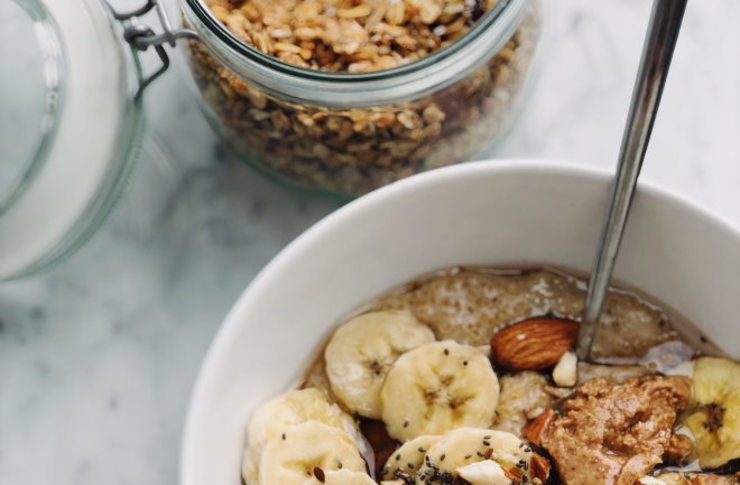Plant-Based Eating: A Nutritional Guide to Nourishing Your Body with a Vegan Diet
Plant-based diets are not a new trend. They have been a part of human civilization for thousands of years. Ancient civilizations such as the Greeks, Romans, and early Indians thrived on diets rich in fruits, vegetables, grains, and legumes. Hippocrates, the father of medicine, was a firm believer in the healing power of food and is famously known for his saying, "Let food be thy medicine and medicine be thy food."

With the advent of industrialization, the Western diet shifted towards more meat-centric meals. However, the last few decades have witnessed a resurgence in the popularity of plant-based diets. This growing trend can be attributed to increased awareness about the environmental, ethical, and health implications of our eating habits.
Understanding the Nutritional Science Behind Plant-Based Diets
A well-planned vegan diet can provide all the nutrients your body needs. It is rich in fiber, antioxidants, and various beneficial plant compounds, while typically being lower in calories, saturated fat, and cholesterol.
Protein, a nutrient that often arises in debates about plant-based diets, can be obtained in sufficient quantities from sources like legumes, whole grains, nuts, and seeds. It’s a myth that plant-based diets lack sufficient protein, as many plant foods are high in protein, and a varied diet can meet daily requirements.
Concerning vitamin B12, which is vital for nerve function and the production of red blood cells, fortified plant sources and supplements are available. Similarly, Omega-3 fatty acids, crucial for brain health, can be obtained from flaxseeds, chia seeds, hemp seeds, and algae supplements.
Plant-Based Diets and Disease Management
A growing body of scientific evidence suggests that plant-based diets can help prevent, manage, and even reverse certain diseases. Heart disease, type 2 diabetes, certain types of cancer, and obesity have all been linked to diets high in animal products. Conversely, plant-based diets have been associated with lower risks of these conditions.
For instance, the fiber-rich nature of plant-based diets aids in maintaining a healthy gut microbiome, which plays a substantial role in disease prevention and overall health. Moreover, plant-based diets are rich in phytochemicals – compounds that have been shown to have anti-inflammatory and antioxidant effects, further contributing to disease prevention.
The Impact and Reception of Plant-Based Diets
The rise in popularity of plant-based diets has had a significant impact on the food industry. Supermarkets, restaurants, and fast-food chains now offer a wider range of vegan options than ever before. The plant-based milk and meat alternatives market has also seen explosive growth, providing consumers with more choices.
However, the reception of plant-based diets is not without controversy. Critics argue that vegan diets can lead to nutrient deficiencies if not properly planned. Additionally, the reliance on supplements for nutrients like Vitamin B12 and Omega-3 fatty acids is often pointed out as a downside.
The Future of Plant-Based Diets
As research continues to elucidate the health benefits of plant-based diets, their popularity is likely to continue to grow. With innovations in plant-based food technology, it is becoming easier to adopt a vegan diet without sacrificing taste or convenience.
It’s important to remember that a plant-based diet is not a magic bullet for health. Just as with any diet, it needs to be balanced and varied to provide all necessary nutrients. Also, diet is just one piece of the health puzzle; regular exercise, sufficient sleep, and stress management are equally important.
In conclusion, plant-based diets, rooted in our ancient dietary practices, present a viable option for those seeking a sustainable, ethical, and health-promoting eating pattern. However, careful planning and a good understanding of nutritional needs are crucial for reaping the maximum benefits of this dietary approach.



